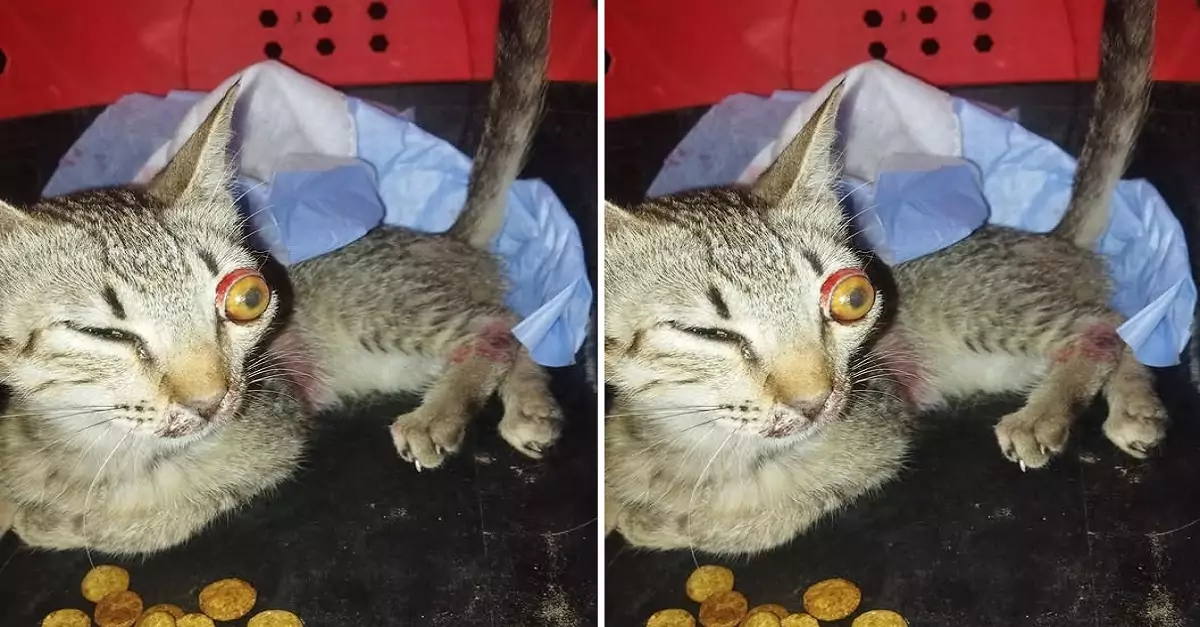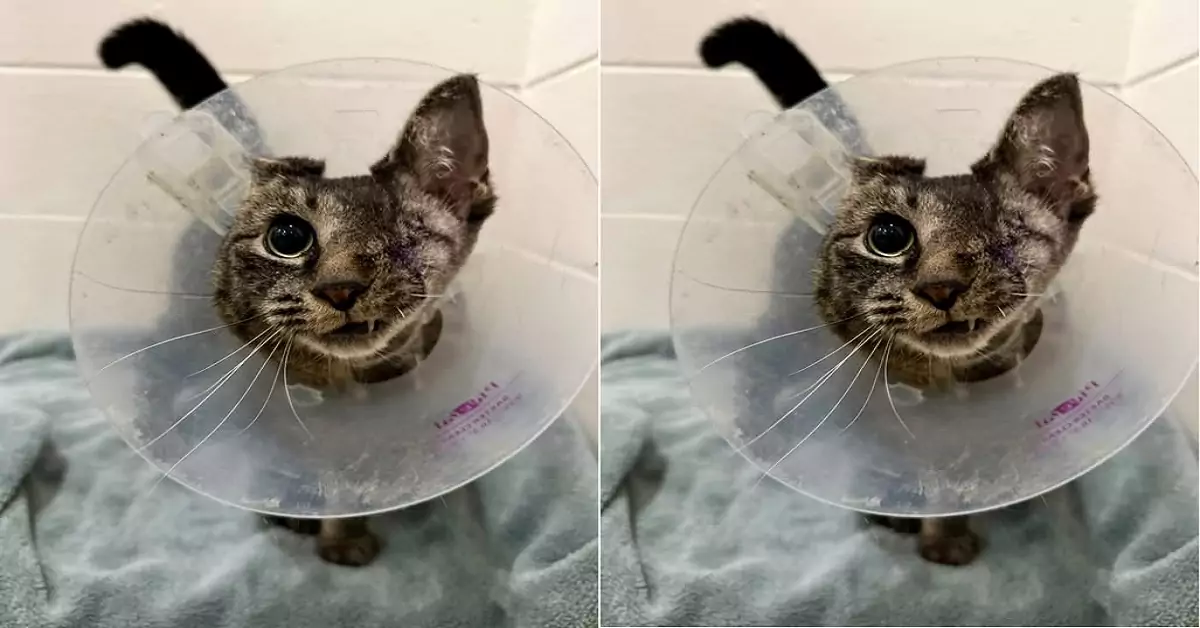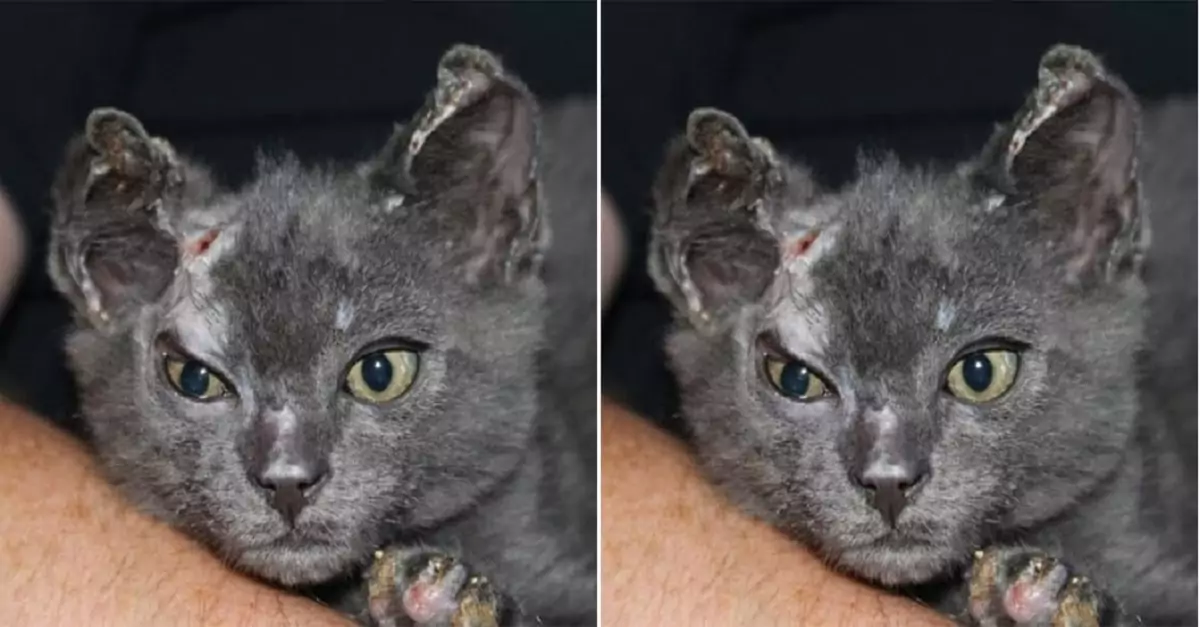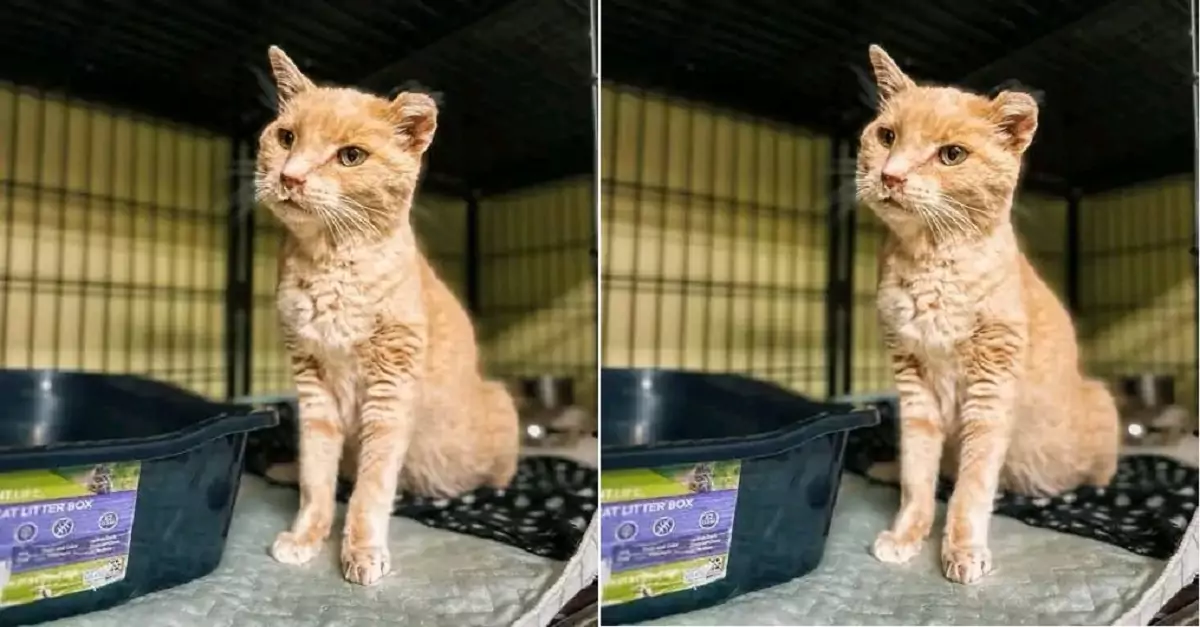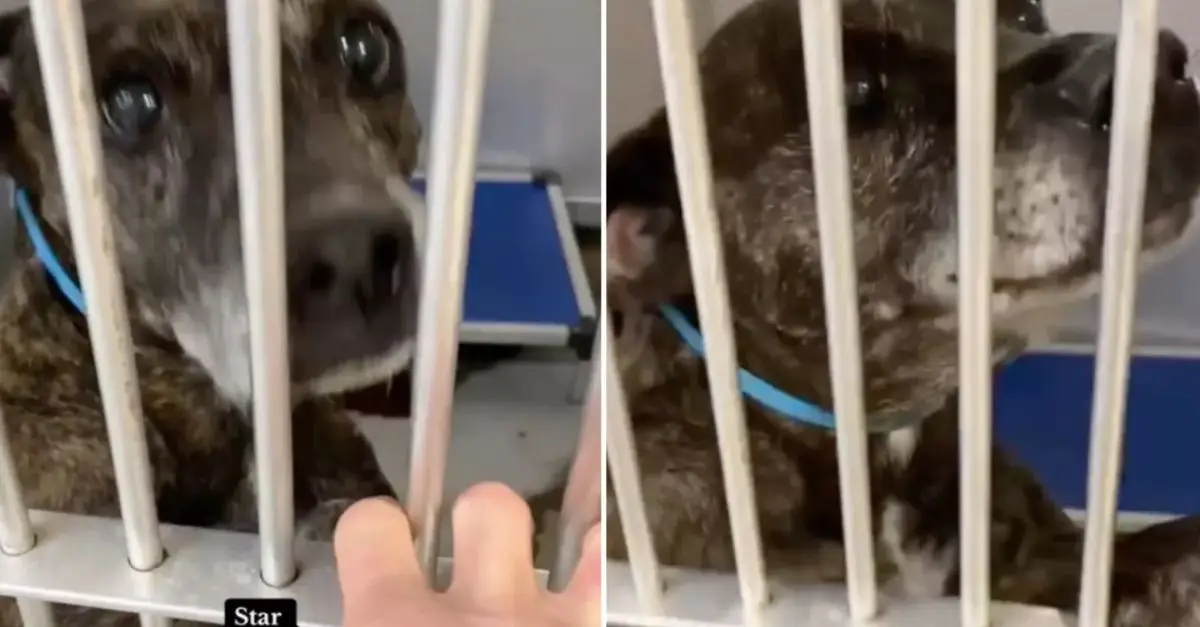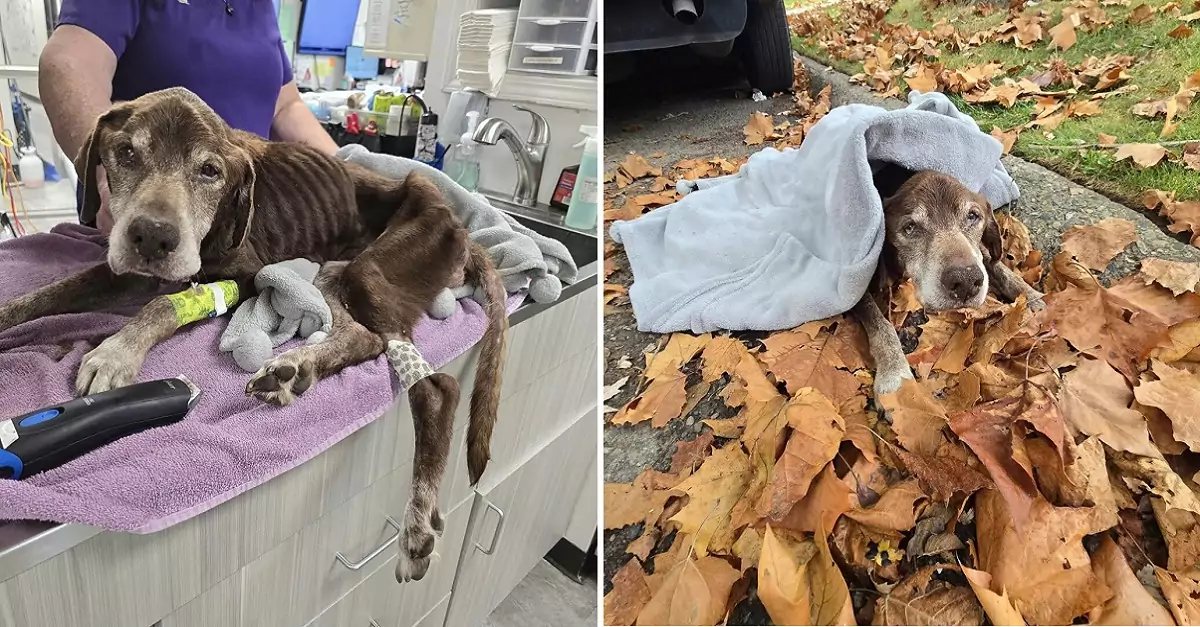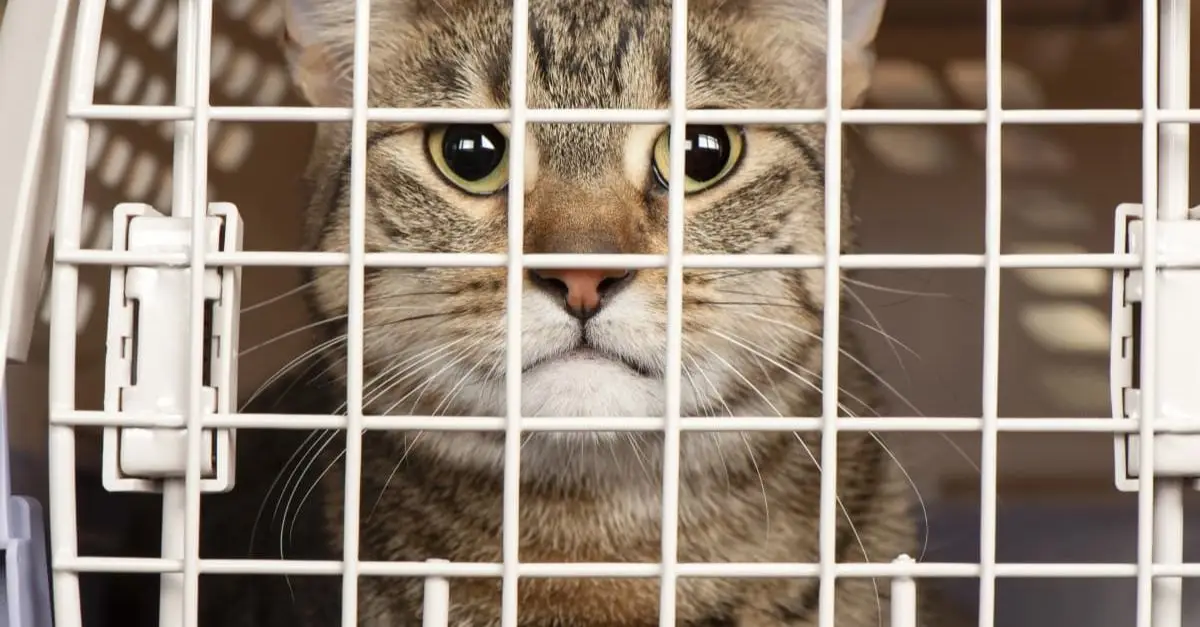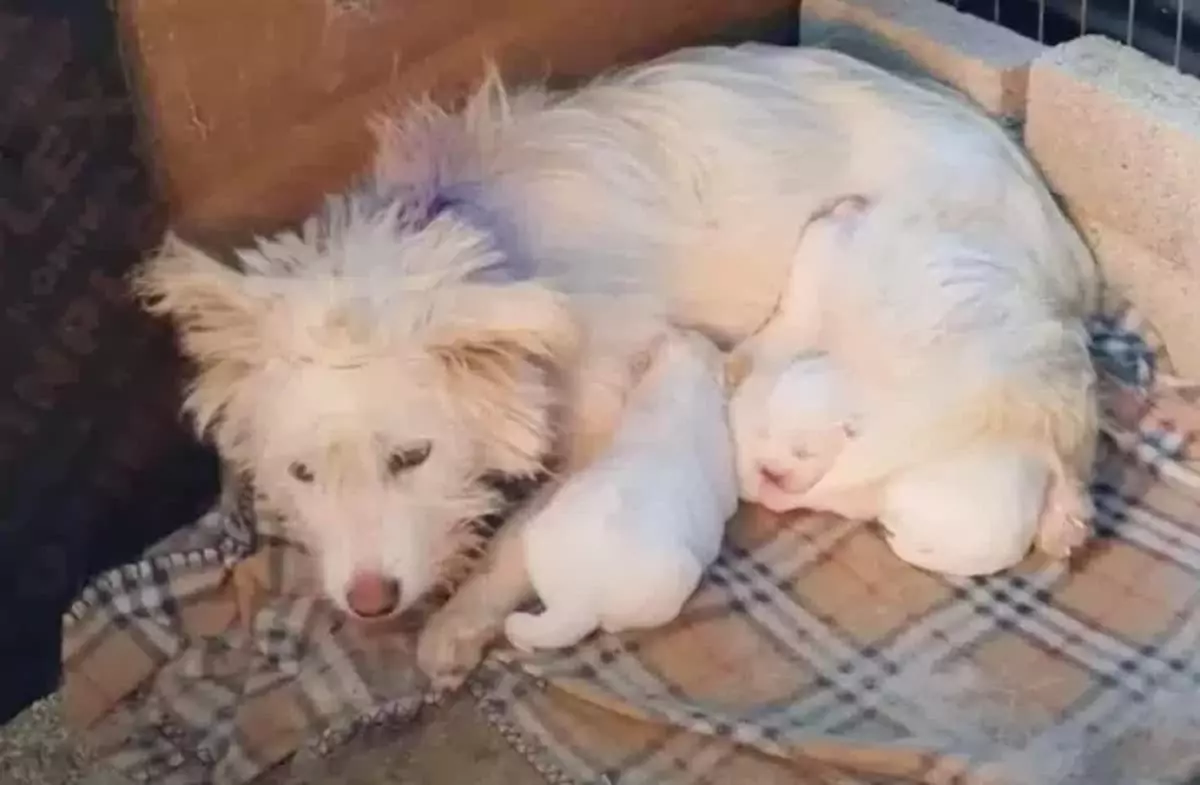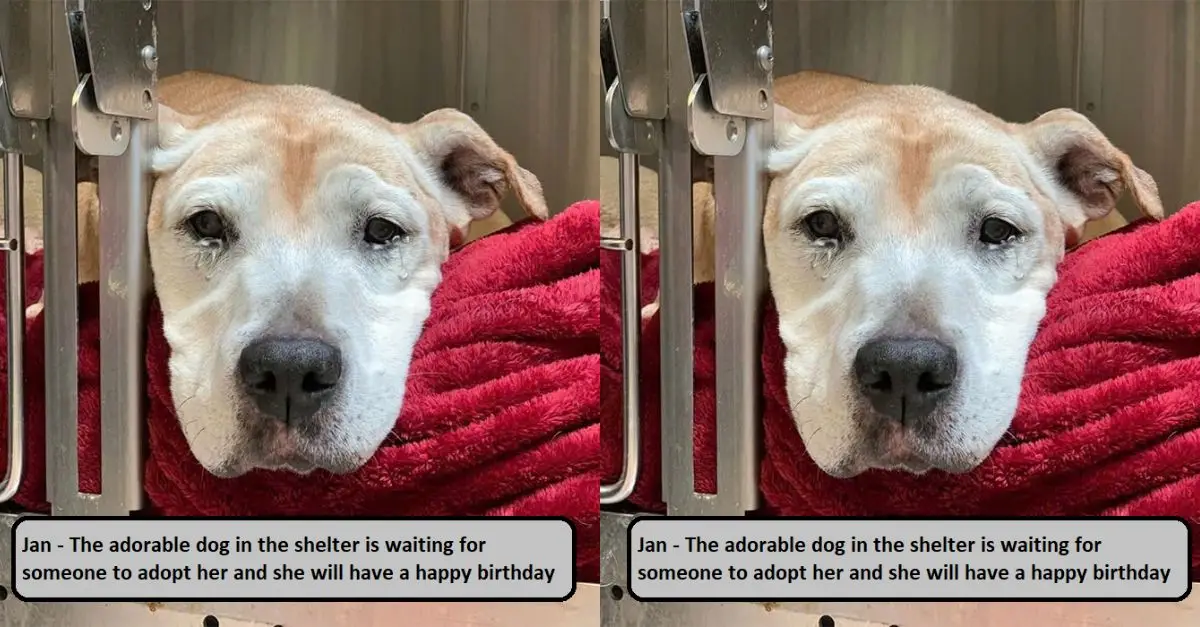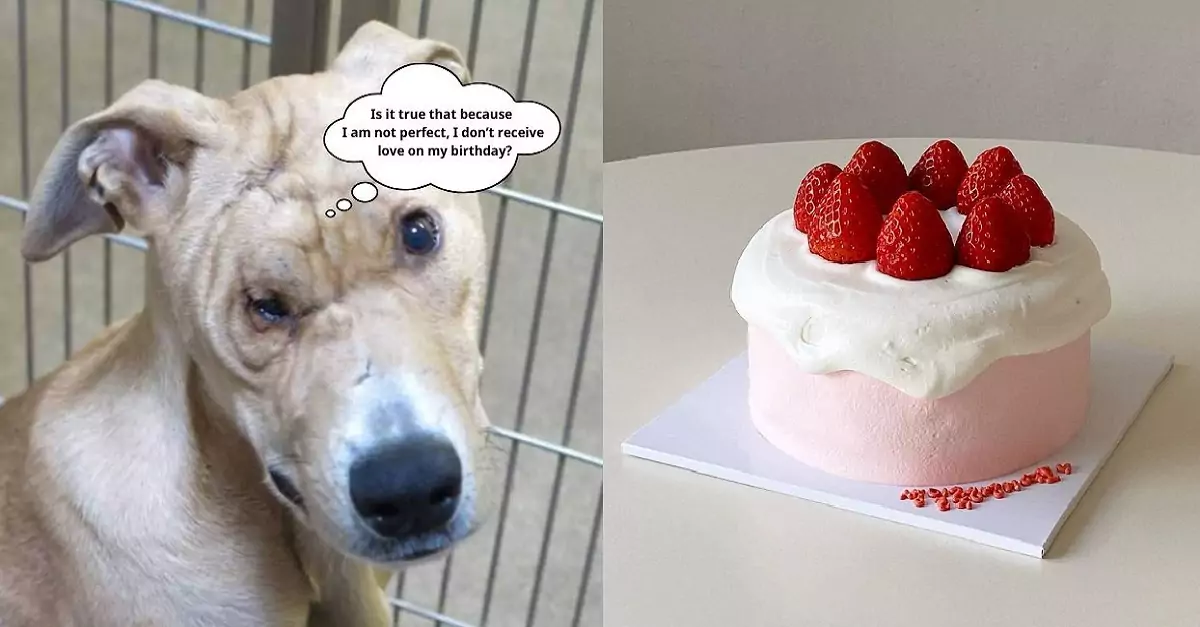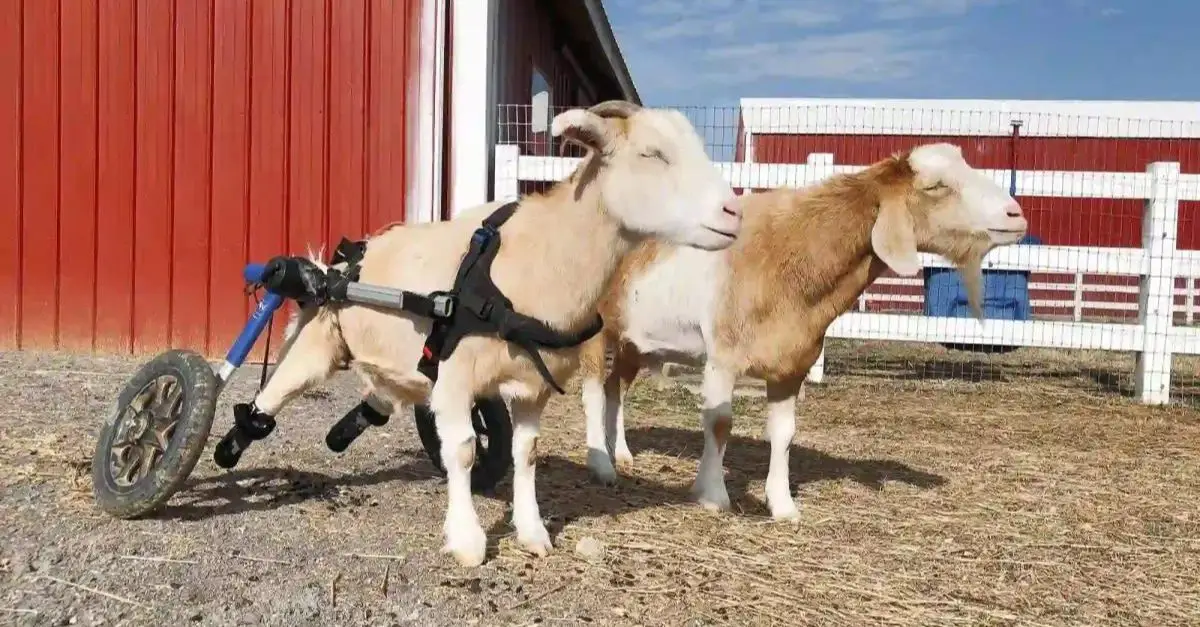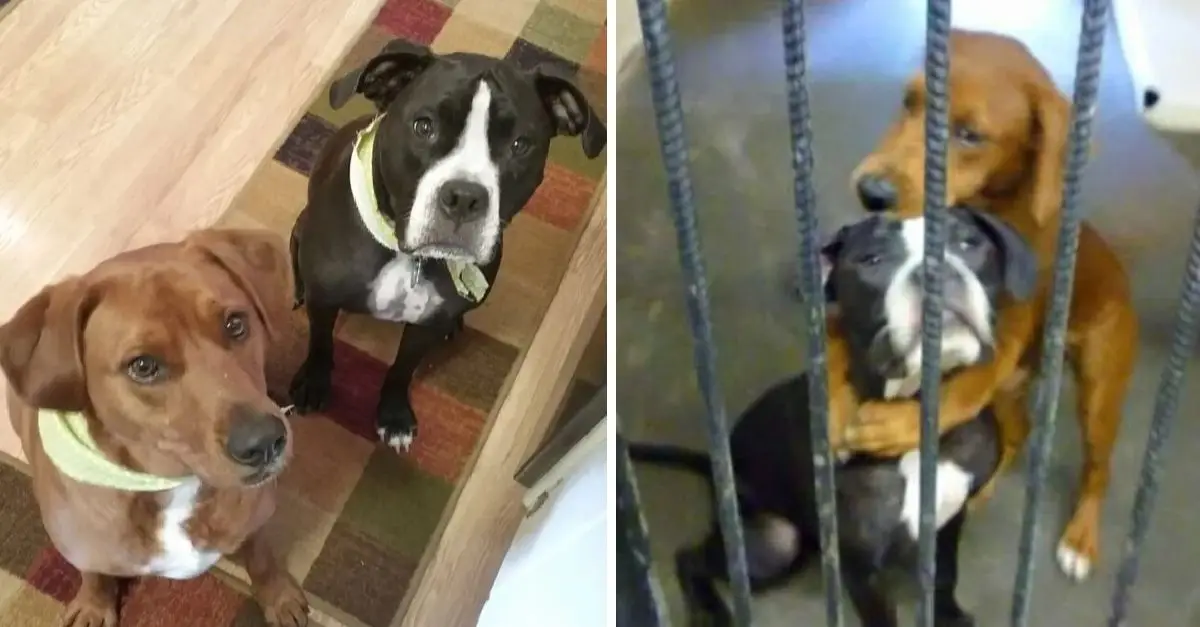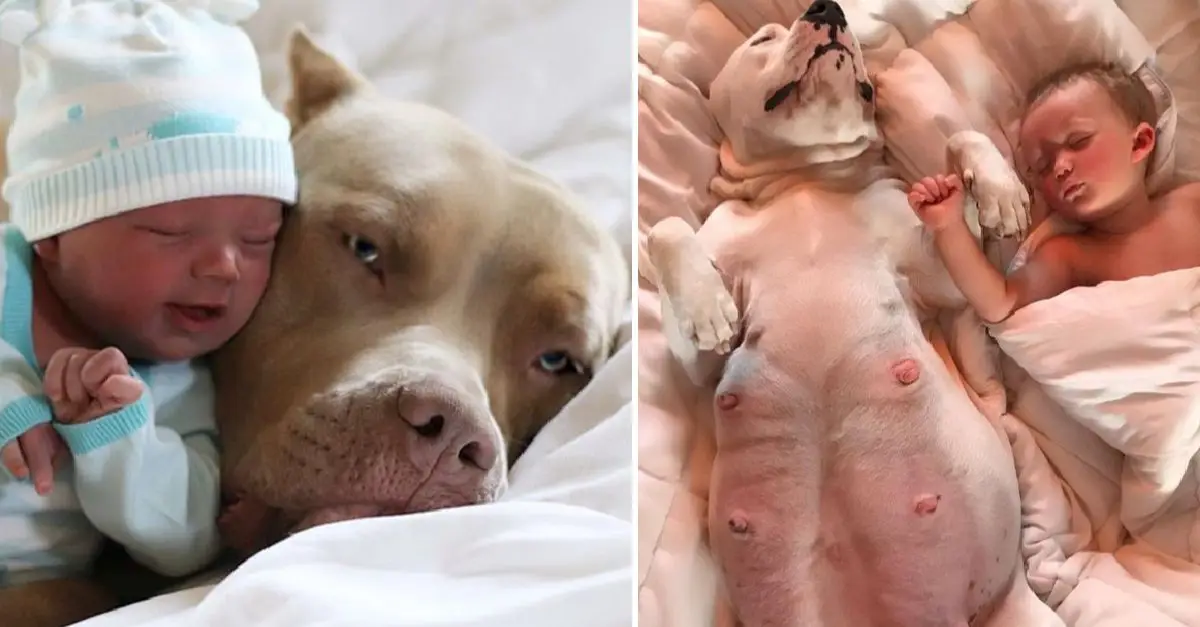Cats have long been revered for their companionship and calming presence. But did you know that felines are increasingly becoming valued partners in animal-assisted therapy programs? This heartwarming story explores the unique bond between Juanita Mengel, a prosthetic leg amputee, and her therapy cat, Lola-Pearl, highlighting the growing impact of cat therapy in the U.S.
Beyond dog days: The rise of therapy cats
For many, the concept of therapy animals conjures images of loyal dogs visiting hospitals and nursing homes. However, a new wave of furry companions is making its way into the world of animal-assisted interventions: cats. As reported in the article, organizations like Pet Partners are registering a growing number of therapy cat teams across the country. These special felines, alongside their dedicated owners, are proving to be effective stress relievers and sources of comfort in various settings.
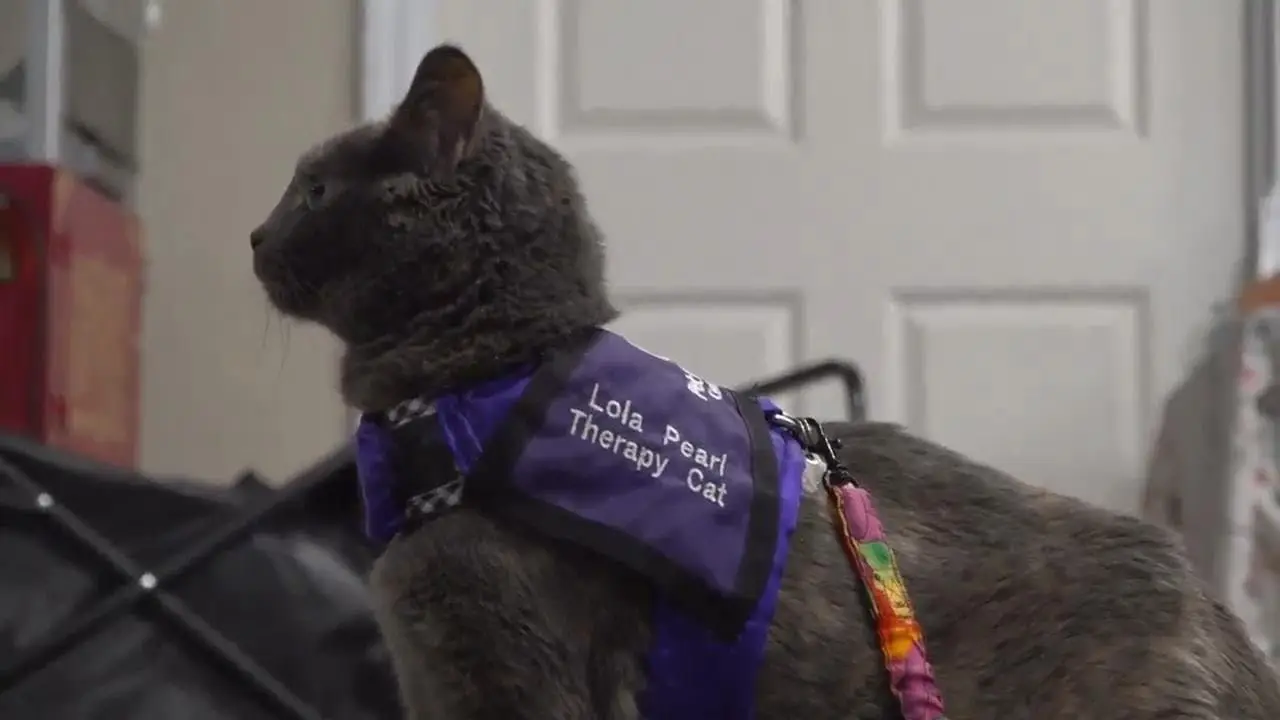
Beyond dog days: The rise of therapy cats
The science behind the purr: Understanding the benefits of cat therapy
While research on the effectiveness of therapy animals like dogs is abundant, studies on the impact of therapy cats are still emerging. However, experts like Taylor Chastain Griffin, national director of animal-assisted interventions advancement at Pet Partners, recognize the potential of feline therapy. Cats can trigger a “shock factor” in some individuals, sparking curiosity and fostering connections in unexpected ways. Their independent nature and calming presence can be particularly beneficial for people hesitant to engage with more energetic therapy animals.
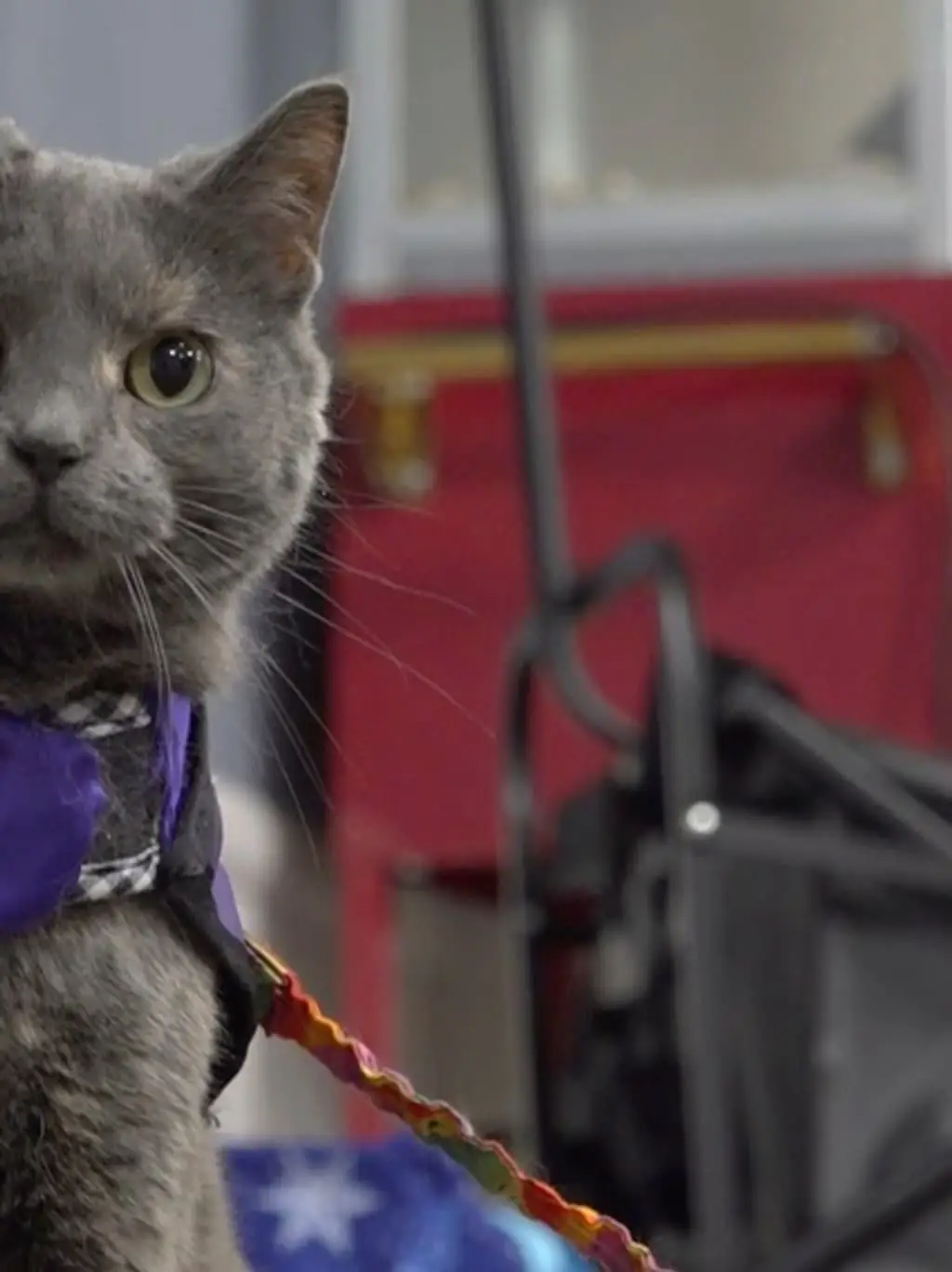
The science behind the purr: Understanding the benefits of cat therapy
The story of Lola-Pearl: A Cat with a mission
Juanita Mengel’s experience with her therapy cat, Lola-Pearl, exemplifies the power of the human-feline bond in therapeutic settings. Lola-Pearl, a dilute tortoiseshell cat missing her left hind leg, isn’t just Mengel’s companion; she’s a source of comfort and joy for countless individuals. Mengel, who herself has a prosthetic leg, intuitively recognized Lola-Pearl’s gentle and social nature, making her a perfect candidate for therapy work. During visits to support groups and other settings, Lola-Pearl, whether nestled in her “Therapy Cat” stroller or cuddling on laps, brings smiles and a sense of calm to those she encounters.
The story of Lola-Pearl and Mengel underscores the remarkable capacity of cats to provide emotional support and companionship. As research on cat therapy continues to grow, it’s likely that these furry therapists will become even more recognized for their unique ability to bring comfort and joy to those in need.
The positive impact of cat therapy
In addition to mental health benefits, cat therapy can also provide physical benefits. For example, studies have shown that petting cats can help lower blood pressure and heart rate, and improve circulation. Interaction with cats can also boost the immune system and reduce stress levels.
Cat therapy can be beneficial for people of all ages, but it is especially helpful for children and seniors. Children can learn about kindness and responsibility towards animals through cat therapy, and it can also help them develop social skills and self-esteem. Seniors can benefit from the companionship and emotional support that cats provide, and it can also help reduce feelings of loneliness and isolation.
If you are interested in learning more about cat therapy or getting involved in a cat therapy program, there are a number of resources available online and in your community. You can also talk to your doctor or healthcare provider for more information.
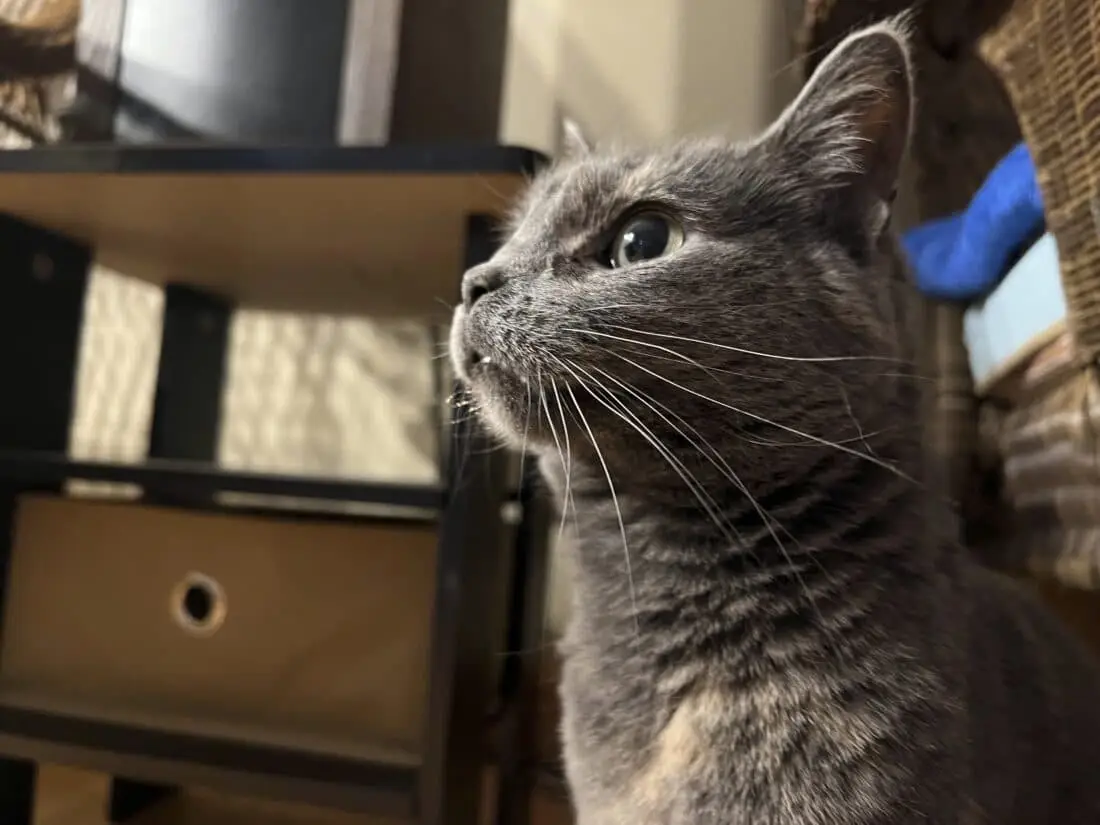
The positive impact of cat therapy
Cat therapy is a form of animal-assisted therapy that uses cats to provide emotional and physical support to people. Research has shown that cat therapy can be effective in reducing stress, anxiety, and depression, and it can also improve mood, sleep quality, and social functioning. Cat therapy can be beneficial for people of all ages, but it is especially helpful for children and seniors. If you are interested in learning more about cat therapy or getting involved in a cat therapy program, there are a number of resources available online and in your community.

